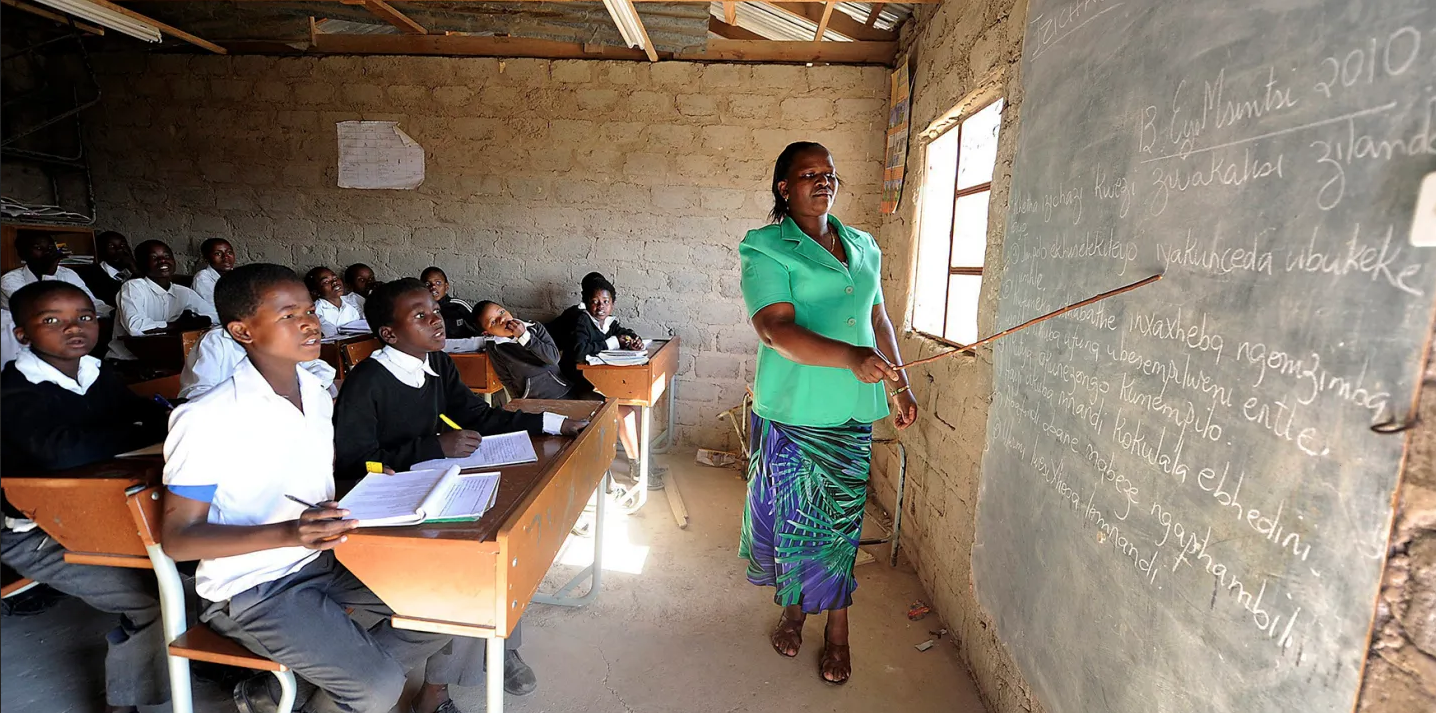THE Namibian emergency team dealing with the H1N1 flu threat will meet today to assess their readiness and discuss the possible way forward.
Dr Jack Vries, who heads the team, said they will also weigh all information they have with regard to the spread of the flu.The committee was revived after first reports emerged about the outbreak of the new strain of flu in Mexico last week.One of its main aims is to screen people entering the country through all international borders.The new flu strain broke out in Mexico and the United States before it spread to other countries.The World Health Organisation (WHO) declared it ‘a public health emergency of international concern’, but Health Minister Dr Richard Kamwi has said Namibians need not panic at this stage.Meanwhile, the WHO has warned that developing countries are especially at risk if hit by the flu, with sub-Saharan Africa seen as particularly vulnerable.Experts have warned that the lack of adequate medical facilities, surveillance programmes, drugs and personnel would hamper screening, diagnosis and treatment in Africa.In densely populated areas, especially slums, the disease could spread quickly. Poor nutrition and existing diseases such as AIDS, TB and malaria might also lead to higher mortality rates.Yesterday the WHO said 22 countries have officially reported 1 516 cases of influenza A (H1N1) infection.Mexico has reported 822 laboratory-confirmed cases, including 29 deaths, while the United States has reported 403 laboratory-confirmed human cases, including two deaths.The following countries have reported laboratory-confirmed cases with no deaths: Austria (1), Canada (165), China, Hong Kong Special Administrative Region (1), Colombia (1), Costa Rica (1), Denmark (1), El Salvador (2), France (4), Germany (9), Guatemala (1), Ireland (1), Israel (4), Italy (5), Netherlands (1), New Zealand (6), Portugal (1), Republic of Korea (2), Spain (57), Switzerland (1) and the United Kingdom (27). International reports indicated on Tuesday that the WHO had started shipping 2,4 million treatments of anti-viral drugs to the 72 countries ‘most in need’.The agency declined to name the countries, but said they included Mexico, which has been hardest hit by the outbreak.Another report named Afghanistan, Angola, Bhutan, Bolivia, Eritrea, Haiti, Moldova, Pakistan, Sri Lanka, Uganda and Zimbabwe, among others.A WHO spokeswoman said the drugs were from a stock of 5 million treatments of Tamiflu that manufacturer Roche Holding AG had donated to the WHO in 2005 and 2006.Each treatment consists of 10 capsules, administered two a day for five days.christof@namibian.com.na
Stay informed with The Namibian – your source for credible journalism. Get in-depth reporting and opinions for
only N$85 a month. Invest in journalism, invest in democracy –
Subscribe Now!










